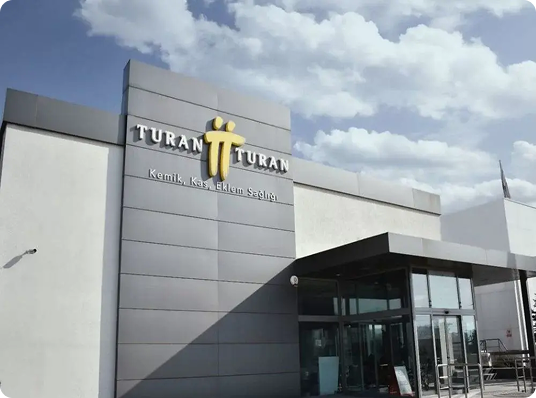Oral Cavity Carcinoma
Oral Cavity Carcinoma is a critical component of modern medicine, offering patients access to minimally invasive, highly effective treatments that can significantly improve outcomes across various health domains.
Get Expert Consultation
Speak with our medical travel experts to get personalized guidance for your procedure
✓ No commitment required • ✓ Expert guidance • ✓ Free consultation

Book Your Free Medical Consultation
Get expert advice—free and easy. Just fill out the form to start your health journey!
Key-Insights for
Oral Cavity Carcinoma
Procedure Time
Typically takes 1-2 hours under general anesthesia
Recovery Period
Patients usually need 7-10 days for full recovery, but may resume normal activities within a few weeks
Expected Results
Reduced risk of cancer recurrence, improved speech and eating ability, enhanced overall quality of life
Ideal Candidates
Individuals with oral cavity cancer seeking to remove the tumor and prevent further spread
Oral Cavity Carcinoma
Oral Cavity Carcinoma is a critical component of modern medicine, offering patients access to minimally invasive, highly effective treatments that can significantly improve outcomes across various health domains.

People seek these procedures for various reasons:
Aesthetic Enhancement
To remove the cancerous tumor and prevent further spread
Corrective Purposes
To improve speech and eating ability by removing the affected area
Functional Restoration
To reduce the risk of recurrence and enhance overall quality of life
Things to Check Before Treatment
- •Get a letter from your doctor detailing the procedure and any medications you're currently taking
- •Check with your health insurance provider to see what's covered for oral cavity carcinoma treatment abroad
- •Make sure you have all necessary medical records and test results, such as biopsies or imaging studies
- •Research the qualifications and experience of the surgical team at the hospital or clinic
- •Discuss any concerns or questions you have with your doctor before traveling
Potential Risks
- •Infection, which can occur if bacteria enter the wound during surgery
- •Nerve damage, which could affect facial movement, speech, or sensation
- •Difficulty swallowing or speaking due to damage to surrounding tissues
- •Recurrence of cancer after treatment
- •Scarring or disfigurement of the mouth and face
How to Choose the Right Country, Clinic, and Surgeon
Do's
Verify surgeon credentials (e.g. ISAPS, JPRAS)
Ask for before-after photos
Check language barriers
Review aftercare and follow-up options
Consider local laws on medical malpractice
Don'ts
Don't Choose a Clinic Based Only on Price
Don't Rely Solely on Social Media or Influencers
Don't Ignore Language Barriers
Don't Rush Into Surgery Without Research
Don't Assume You Can Fly Back Immediately
CureMeAbroad Services Are Absolutely Free.
You pay same rates for treatments as in the hospital's original price list.
CureMeAbroad Services Are Absolutely Free.
You pay same rates for treatments as in the hospital's original price list.


Book Your Free Medical Consultation
Get expert advice—free and easy. Just fill out the form to start your health journey!
Oral Cavity Carcinoma
Frequently Asked Questions
This procedure involves specific medical techniques tailored to address particular health conditions. Your doctor will explain the detailed process based on your case.

Help Me Plan My Treatment Abroad
End to End Treatment Planning Specifically curated as per your need. Just a Call away


Help Me Plan My Treatment Abroad
End to End Treatment Planning Specifically curated as per your need. Just a Call away


Book Your Free Medical Consultation
Get expert advice—free and easy. Just fill out the form to start your health journey!



